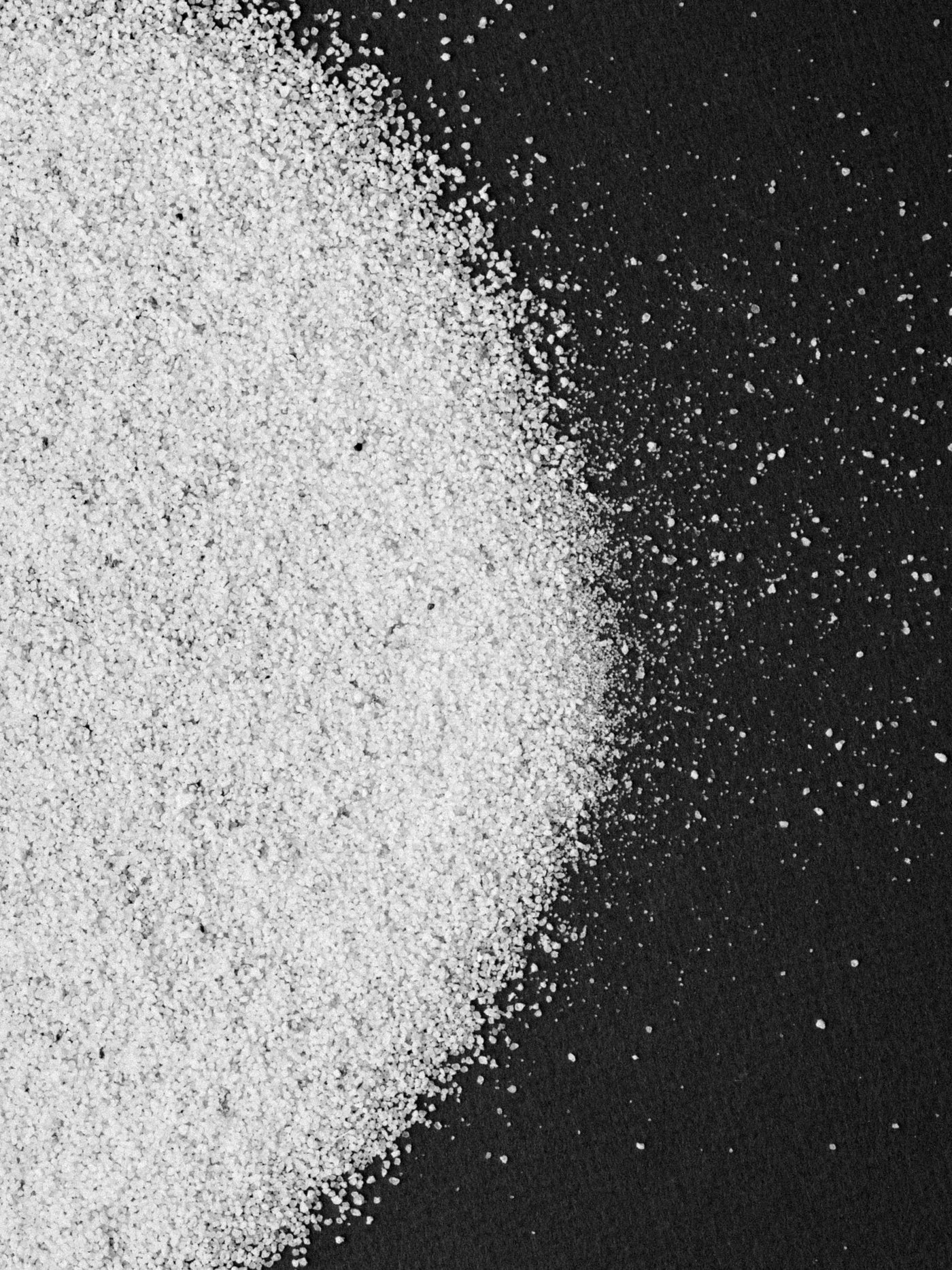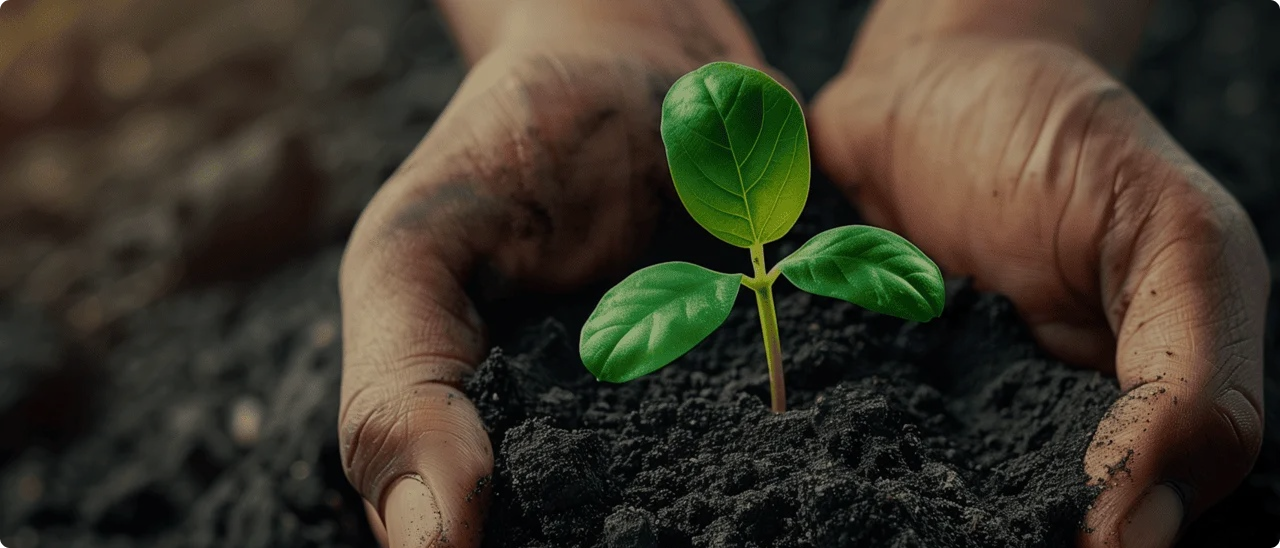What is Silica?
Silicon dioxide, or silica, is a common element found in the earth’s crust and in the soil. In nature, silica helps plants regulate other chemicals such as iron and magnesium to reduce their potential toxic effects, and also aids in photosynthesis and chlorophyll formation. If you have a garden, adding silica for your plants as a supplement can be hugely beneficial for the health and growth of your plants. This article covers how silica positively affects your plants, and how it can be applied depending on the type of garden you have.
How Does Silica Help Plants?
A proven advantage of silica for plants is its ability to strengthen cell walls. Strong cell walls perform the the following tasks for plants:- Enhance the structural integrity of a plant, which improves its capacity to withstand environmental stressors such as heavy wind and rain.
- Increase resistance to pests and diseases, making it harder for pests to invade and break down a plant’s structure.
- Improve water retention, which makes it easier for plants to withstand potential dry periods.
- Improves nutrient uptake, as cell walls play a major part in the transport of nutrients, minerals, and ions within plants.
Different Types of Silica For Plants and How They Are Used
There are multiple ways silica can be applied to plants in your garden. Your method of application will depend on whether you have a soil-based garden or a hydroponic garden.
For soil-based gardens, the primary method is a foliar spray. A silica-based fertilizer can be mixed with water and sprayed directly onto the plants. Fertilizers come in the form of liquid solutions, powder, or granules. Silica can also be added in the form of a soil amendment, which can be added to the soil during or after planting. Silica soil amendments consist of crushed rock, diatomaceous earth, or finely ground silicate materials.
For a hydroponic garden, silica can be added as a supplement into the nutrient solution you’re using. Since silica isn’t present in most nutrient solutions, it usually needs to be added separately.
The main benefits of a silica supplement are not only to increase the growth of your plants, but also to enhance post-harvest quality of plants. With sturdier cell walls, plants can maintain quality and flavor long after they are harvested. For commercial hydroponic gardens, this can be a key factor in keeping products fresh for extended periods of time. Additional silica supplement benefits for a hydroponic garden include improved nutrient absorption and tolerance to temperature and humidity fluctuations.
Can Silica Be Dangerous?
While silica is safe to use for plants, there are few things to watch out for when applying it in your garden:- Monitor the pH balance of your soil or nutrient solution. Silica can raise pH, and some plants don’t perform as well in acidic substrates.
- Pay attention to dosage and make sure plants are getting the correct amount.
- Adjust based on the plants you are growing. Some plants do well with small amounts of silica, whereas others will do better with larger amounts. Research your plants and make sure nutrients, minerals, and supplements are in good balance.
- Be careful when applying, as silica can be toxic to humans if inhaled. Make sure to use silica for plants only.
The Silica Solution
If you’re experiencing any issues with growth, using silica for plants can be an excellent option. Silica improves resistant to abiotic stress for plants, maximizes growth, and helps to catalyze bigger harvests and better production.
Monster Gardens has a vast and versatile selection of silica products, and most are applicable for both soil-based and hydroponic situations. Brands such as Botanicare Silica Blast, CYCO Silica, Athena, and Armor Kote are all great choices when it comes to meeting your garden’s needs.


